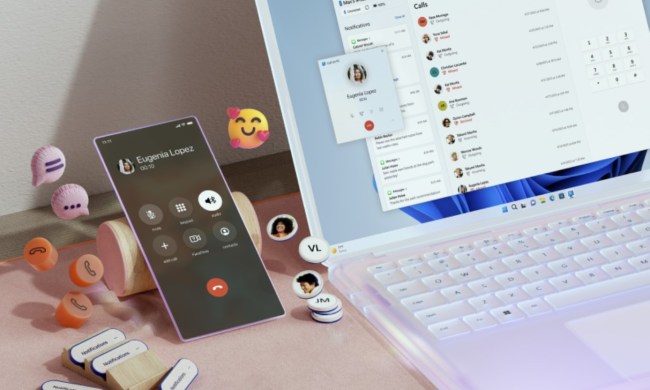Google is working alongside one of the nation’s largest health care systems to collect and analyze the personal health information of Americans across 21 states, according to The Wall Street Journal.
The joint effort with the St. Louis-based company Ascension reportedly began last year, but increased dramatically over the summer and fall of 2019. Code-named “Project Nightingale,” the project collects data regarding patients’ lab results, diagnoses from their doctors, and hospitalization records to create a complete health history for a patient — including that patient’s name and data of birth — all without the consent of the patients or their doctors.

Data has been shared for tens of millions of patients and can be accessed by at least 150 Google employees. While some Ascension employees have reportedly questioned the practice, privacy experts have suggested that the collection is permissible under the Health Insurance Portability and Accountability Act of 1996 which allows hospitals to share data with business partners without notifying patients.
That data is allowed to be used “to help the covered entity carry out its health care functions.” Google is reportedly using the data to help build new software that will use A.I. and machine learning to make suggestions for how patients should make changes to their care.
If the project leads to an actual product being made available to doctors, it won’t be Google’s first. In 2015, Google’s DeepMind launched a health care platform in partnership with the U.K.’s Moorfields Eye Hospital and Royal Free Hospital that applies information its learned from data to such things as eye diagnoses, cancer screening, and electronic patient record management. It later expanded those efforts to another U.K. hospital, Musgrove Park, where it uses technology to help spot signs of acute kidney injury.
Google recently acquired the fitness wearable company Fitbit. Given that Fitbit is currently one of the most popular fitness-tracker options, it’s possible that acquisition might lead to the company being able to accumulate even more health-related data. Google’s own fitness-tracking app is available on Android, Wear Os, and iOs but has far fewer users. Reports last year suggested that Google Fit was used by 2.6 million people monthly compared to the 27.4 million that use FitBit on a monthly basis.



